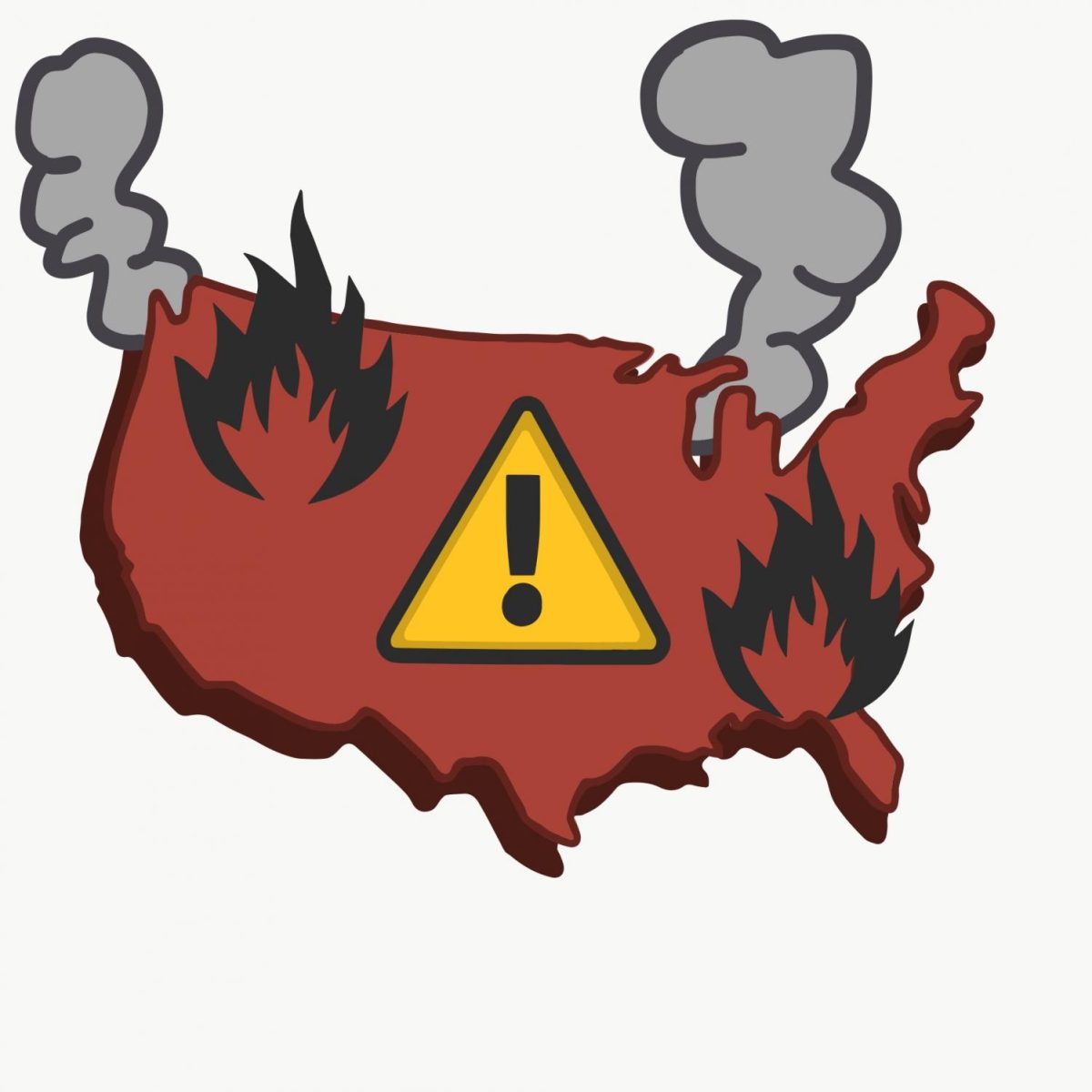The current global pandemic is exposing thinly-veiled dysfunctions about U.S. society, ranging from landlords to economic practices, etc. Many of these problems can be seen in the microcosms of our society: college campuses.
Much of the discourse surrounding proper action during this time of confusion and uncertainty will be boiled down to a relationship. The first involves the pursuit of constant economic growth and the attitudes and behaviors that dogma brings about. The second is a look at the effects this dogma is having on those of lower financial standing.
Within this current pandemic, we are seeing despicable and destructive practices being carried out by U.S. businesses.
The Texas Tribune highlighted one business’ prevailing attitude toward medical gear that could assist in lessening the spread of COVID-19 and thus save lives. The industrial supplier Hatfield and Co. offered a U.S. oil company medical masks for six times their usual price.
Insurance companies have also been sly in their approach to profiting from this pandemic. Three insurance companies, Cigna, Humana and Aetna, have all announced that they have waived costs for COVID-19 treatment.
After receiving criticism, specifically Cigna, for only waiving charges on testing, not treatment, the insurers have moved to save face. Upon further investigation, these companies are again being exposed as ultimately being in the business of profit, not the well-being of U.S. citizens, and the costs they boast of waiving are more a kind of pandemic discount-sale than a real humanity-centered response.
This type of profiteering is unacceptable and big business began to understand that there is money to be made in times of crisis. Their rushing to the government is not a game of saving the economy, but protecting assets. Many workers are beginning to see that the stock market is not representative of their well-being but is more of a mood ring for marketeers and, generally, says nothing about the economy’s long-term trends or its standing down the road.
Further, the stimulus bill passed by lawmakers on March 27 sees the government poising itself to distribute $1200 to U.S. households to supposedly cushion the blow the pandemic is having on workers in the country.
While this may do something for those who are affected by the pandemic but are still in good financial standing, this does very little to nothing for those who have been laid off, have not had their rent suspended and, in the case of many college students, are still claimed as dependents by their parents (the specific condition parenthesized earlier now rears its head).
Many of those affected by the pandemic are workers in service jobs. College students usually occupy these service jobs and may not be entirely financially independent. These jobs are also some of the first to begin laying off workers, and said students, then, have no means to survive if they pay their rent or pay for their food. They must choose between their education or their well-being.
Students subsisting on scholarships might have them stripped as a result of possibly having to remove themselves from their program until the pandemic is dealt with, and for many, that scholarship was their chance to achieve higher education.
These dysfunctions are not particular cases that are a mere happenstance of some bad businesses engaging in bad business.
This dysfunction is an entire attitude developed out of a system that prioritizes continuous economic growth, profit and a lack of real consideration for workers that has been accepted by both Democrats and Republicans as the proper stance to hold in responding to crises.
Ultimately, this comes at the expense of those who make the country run, and until we begin to do away with the dogma and its fallout, history will be repeated.
– Jacob Montgomery is a philosophy senior
Opinion: COVID-19 exposes a dysfunctional American system
April 8, 2020
An image of the United States on fire with the caution symbol, yellow triangle and exclamation point, in the middle.
0
Donate to The University Star
Your donation will support the student journalists of Texas State University. Your contribution will allow us to purchase equipment and cover our annual website hosting costs.
More to Discover














